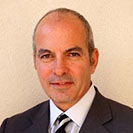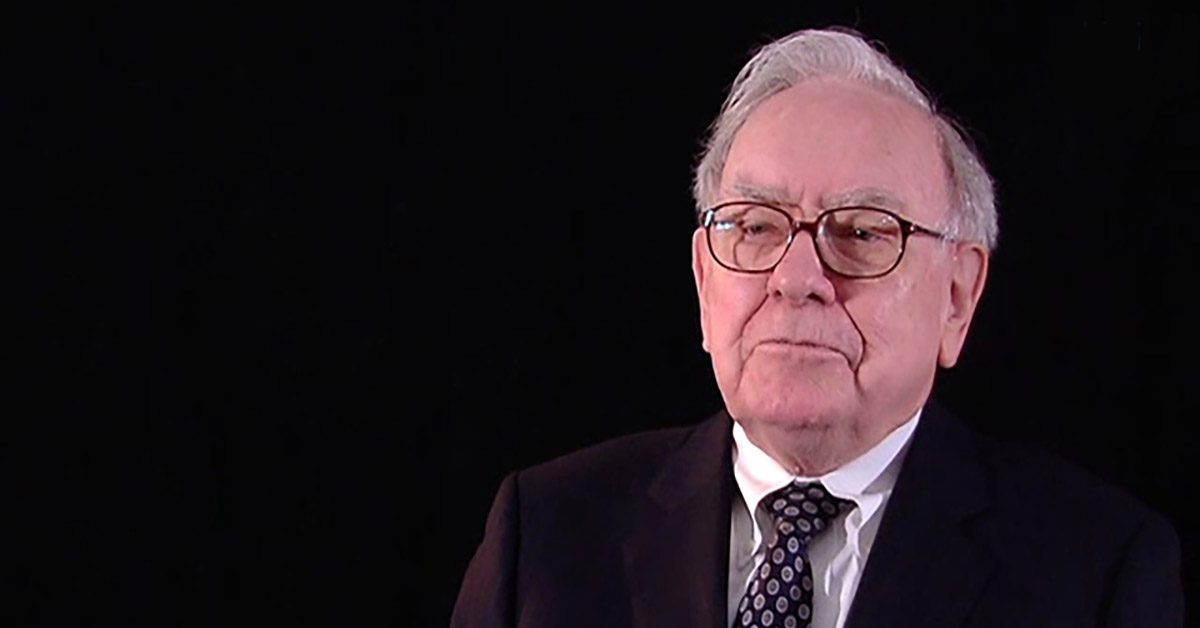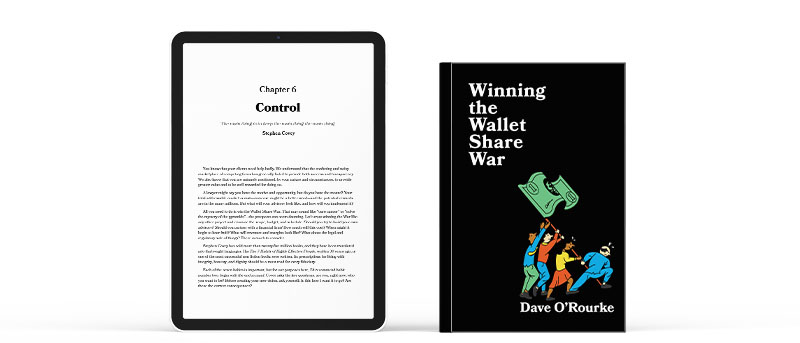(Excepted from Dave O’Rourke’s book, Winning the Wallet Share War)
Certified Public Accountants and Enrolled Agents Operate in a World of Conflict—Unless They Work in a Family Office
You don’t feel well. You realize that you’d better go see the doctor. When you get there, the doctor asks you a series of questions and administers a panel of tests. This allows the doctor to diagnose your illness. Once they are sure what the most likely cause of your ailment is, they will prescribe a course of treatment. Maybe medicine, maybe therapy, possibly surgery, maybe just rest–could be all of these.
You have your prescription for getting healed. You know you’re on the road to recovery. But what if a little doubt were to creep in? Suppose you learn that the doctor receives compensation for prescribing certain medications. Or they get a kickback from your pharmacy, or receive a commission from the surgeon who will be cutting you? How do you feel about that prescription now?
If this were how the healthcare industry in America worked, things would be very different–and not in a good way. Imagine not trusting the motives of your doctor. If their motivation was their own enrichment, instead of your well-being, the entire Hippocratic Oath would be worthless. Only the wealthiest families would be able to trust the advice and treatment they are given, because only they could offer more than Big Pharma or the hospital was willing to pay.
You probably don’t have to worry. The Ipsos Global Trustworthiness Index revealed that in 2021, doctors were considered the world’s most trustworthy profession. Since these data are gathered worldwide and represent a huge sample, it’s likely that the trust enjoyed by doctors is, in fact, well-earned. Only 9% of respondents mistrust doctors.
At the other end of the trustworthiness scale lie politicians (9%), bankers (18%) and advertising executives (12%). This makes sense because we know that in all three of those professions, the professional has a strong motivation to look out for #1…themselves. After all, pols have to get elected—and they only need 50% plus one. Admen need to hawk their wares against tough competitors, and bankers, well, isn’t it easier to profit from other people’s money than make your own?
But let’s get back to you and your prescription. Most of us would never wonder about the motivation of our pharmacist, our X-ray tech, our physical therapist or our surgeon. All are products of very rigorous training programs and belong to self-regulating organizations, and let’s face it; does anyone believe that healthcare professionals are primarily motivated by money? We live in a cynical world, sure, but not that cynical.
Tax Pro’s Clients Need Diagnoses and Prescriptions, Too
Now let’s imagine that you feel physically fine, but you’re terribly concerned about your financial health. What will inflation do to the spending power of your savings and investments? Will rising interest rates affect your real estate? Will the markets tumble again—well, you’re pretty sure that’s going to happen again (and again). And what about taxes and regulations? How might they affect your retirement security?
If you’re like many Americans, you’ve been dutifully diverting some of your income into your 401(k) plan at work, or your IRA. But you’ve been doing that for years, and the account balances never seem to get you to that mythical place where you’re free from worry. It’s time you got serious, make a plan, take control.
This is the moment when you, the tax professional, often step into the picture. Ipsos doesn’t include stock brokers or accountants among its survey of professions, but other organizations do, and they consistently find that accountants are the most trusted financial professionals, and among the most trusted of all professions, including doctors and scientists.
If you haven’t been asked for financial advice by a tax client, it’s a good bet that you will be. For many tax pros, it’s a common occurrence. What the client is really asking for is a prescription—they want to know what to do, and they also want to know whom they can trust to do it for them.
Your Tax Plan is Only as Good as Its Implementation
When you give strategic tax planning advice, you likely step away at that point and refer the client to an ERISA plan expert, a trusts & estates attorney, a broker-dealer, a banker, or an insurance agent. This is when the entire process fails the client, because each of these professionals may have a vested interest in the solutions they propose.
These different professionals can, and often do, get into competition with one another over control of the client’s financial spending—their wallet share. Your beautiful, multi-disciplinary strategy is compromised, which is bad for your client. And there is also the terrible irony that the client may be paying ten or twenty times as much to the selling firms as they do to you.
This would not happen if you worked in a family office. If you did, you would work directly for an ultra-wealthy family. There would be no risk of conflict because all the other asset, risk and wealth managers at the office work for the same outcomes: the welfare of the family. The incentive structures would be fully transparent and aligned with the family’s desires. And your tax advice—your prescription—would be followed.
CPA, Heal Thyself. And in So Doing, Heal Your Clients
The healthcare industry and the financial services industry are two very different things. One major difference is that Healthcare includes a large non-profit ecosystem that includes government-run entities (like the VA), government regulated programs (like Medicare), and large systems like Kaiser, Blue Cross/Blue Shield, while Finance is a world-wide knife-fight over trillions in revenues and billions in profits.
Obviously, there are also large for-profit healthcare organizations, including many of the largest publicly traded firms in the world. Big Pharma alone raked in over $1.4 trillion dollars worldwide in 2021. But the incentives for the professionals—the doctors, nurses, researchers, lab technicians, hospital administrators, and the like—don’t include commissions, referral fees, soft dollar deals or kickbacks. All of those things are core to the incentive structure of Finance.
That incentive structure is the enemy of the fiduciary standard, and too frequently it’s also the enemy of your clients’ best interests. And it can wreak havoc on your best-laid tax plans.
The CPA and the EA occupy a unique position in the financial services industry: they are crucial to the entire enterprise, yet they generally sit apart from the incentive compensation system. Their status as natural fiduciary allows them to be trusted at the level of medical doctor, but it prevents them from monetizing that trust in the form of income, revenue, and business valuation.
Neither doctor nor CPA is seen by their clients or patients as a salesperson, and both must absolutely not allow that to change. But while the doctor has a reasonable expectation that their prescriptions will be filled by other professionals and practitioners to the best of their ability, and with only the patient’s best interests at heart, the CPA operates in a darker world marked by hidden agendas and pervasive conflict between the client and the salespeople.
The entrepreneurial CPA or EA who genuinely wants to see their clients benefit can solve for the client and for themselves by partnering with a multi-family office firm. In a true partnership, the tax pro handles the tax compliance and strategy, manages the relationship with the client, and ensures the integrity of the solutions process, while their multi-family office partner does everything else.
Tax pros across the country have implemented this model, and it’s been a win-win for them and their clients. By staying true to their fiduciary obligations and steadfast about the implementation of their tax strategies, these tax pros are seeing significant and sustainable new revenues and are multiplying the value of their businesses.















